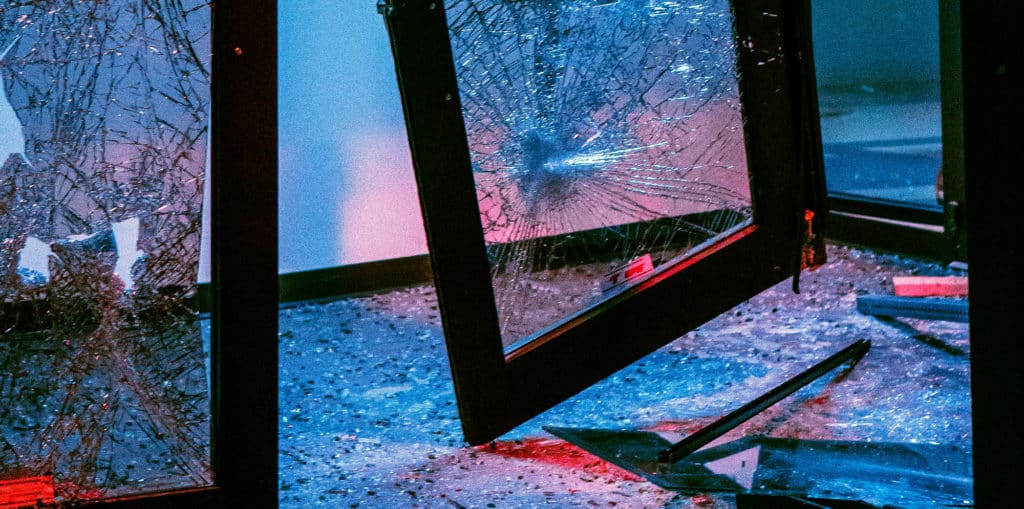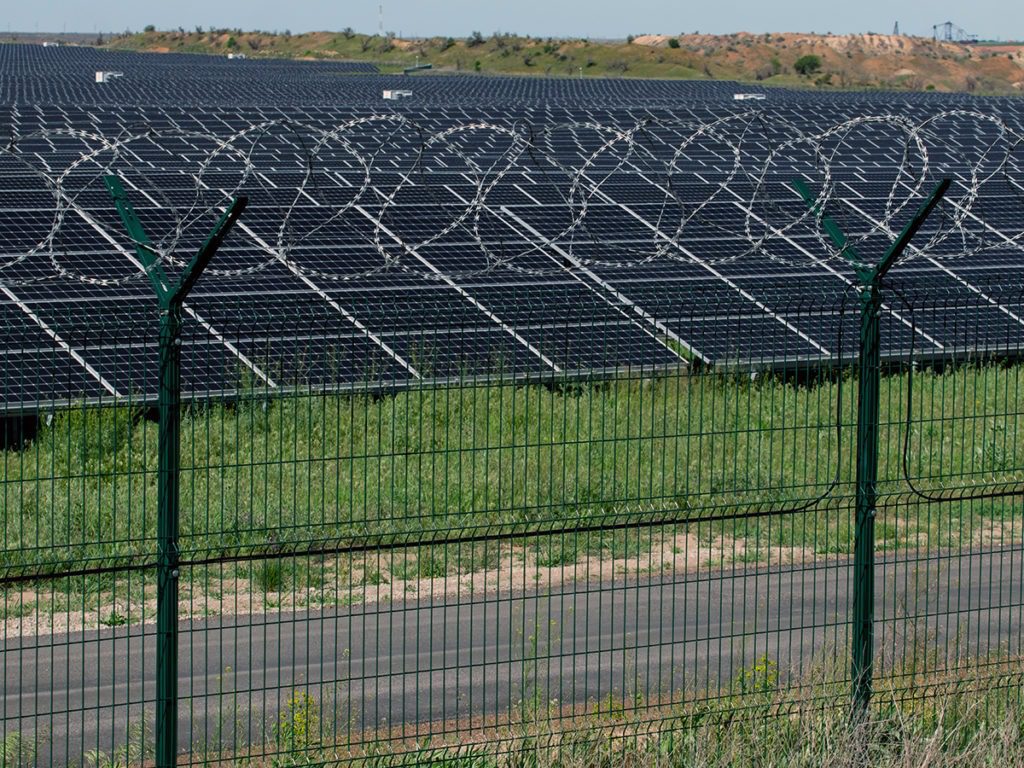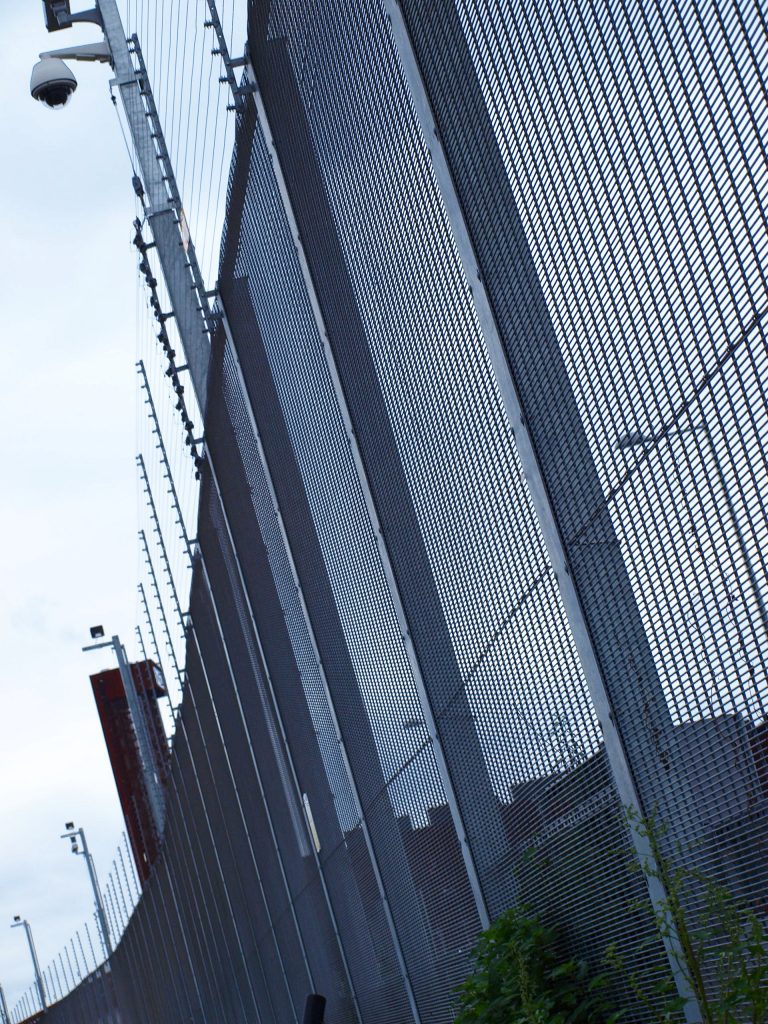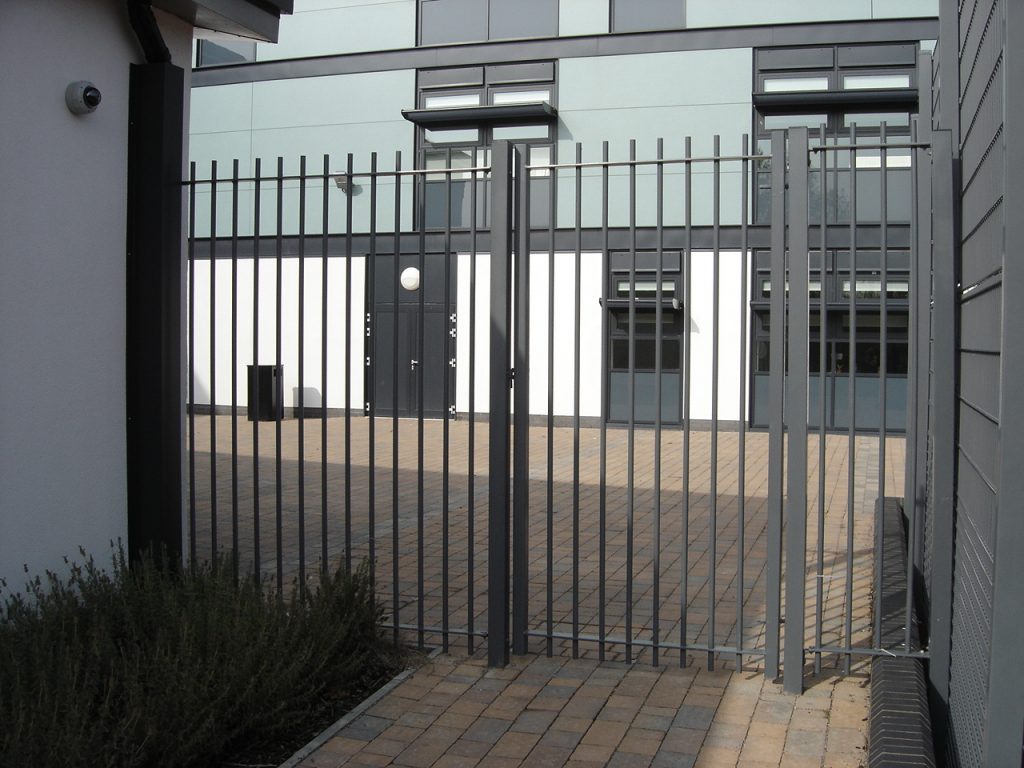When dealing with galvanised wire products we often come across names like; Bezinal(1), Crapal(2), Galfan(3), Galzal(4) Zinc-Al and others. But what do these names mean, and how are they different from regular hot dipped galvanised wire? Why or when do you need it?
In short, they are all essentially the same product; Galzal, Bezinal, Crapal and Galfan are all trademarks and brand names, just from different wire suppliers.
What are these products?
All these names refer to wire (or other steel products) that has been galvanised in an alloy of Zinc and aluminium as opposed to normal galvanising that is just zinc. We will refer to it as a zinc-al coating. The alloy is typically 95% zinc and 5% aluminium (Zn95Al5), but variations up to 20% aluminium have been made.
While traditional galvanised coatings deliver a good level of service life, zinc-al has been shown to offer superior corrosion resistance compared to its zinc-coated steel counterpart. In addition, 5% aluminium can double life, and 10% increase life four-fold (in salt-spray tests).
Sometimes the name will be followed by the term “class A”. Class A refers to the zinc/aluminium coating thickness as detailed in BS EN 10244-2. This thickness varies with wire diameter, but as a typical example class A on 4mm is 275g/m2. Zinc-al could also be supplied as class D with a much thinner coating, but generally, as a premium product, it is class A.
How was it born?
It all started in the 1970s when research was carried out to look at the effectiveness of zinc coatings that contained a percentage of aluminium and various tests were conducted with zinc coatings containing up to 15% of aluminium. It became clear that zinc that contained 5% aluminium delivered great corrosion resistance. Still, it proved difficult in the early days to solve the issue of unwetted bare spots that detracted from the commercial usefulness of the coating as a product.
It was subsequently discovered that when a rare earth mischmetal that contained cerium and lanthanum was added, it resolved the problem of wettability whilst improving coating ductility and fluidity at the same time. It was this mischmetal formulation that led to the creation of the product that was named Galfan(3)
Why Galfan(3)?
GalFan has been a recognized trademark since 1981 when the International Lead Zinc Research Organization (ILZRO) managed to obtain worldwide patents relating to this new alloy for anti-corrosion coating. The product’s name was derived from a comment made by the head of the French Steel Information Centre, who described the product as “galvanisation fantastique”, subsequently shortened to GalFan.
How is it different to other pre-galvanised wire?
Zinc-al delivers improved corrosion protection compared to like for like thickness of standard pre-galvanised wire, typically, it is applied thicker to give substantially enhanced life.
Additional powder coating is not required on any products manufacture in Zinc-al. The high-performance coating alone provides enough protection for installation on-site and increases the fence’s lifespan without the need for maintenance or cleaning.
Zinc-al wire can be used with excellent life expectancy even after welding with the cathodic reaction, effectively healing any damage from spot welding. Thus generally, today, panels that will be painted have a simple zinc coating to class D, whereas panels that will be used in their galvanised state should be made from zinc-al wire.
Why and when you need it
Preventing rust should always be a consideration for any steel fence that is installed. The materials and treatment methods used will have a major impact on the longevity of the fence.
Without protection, any steel product will rust over time due to atmospheric conditions. The level and speed of corrosion will depend on the environment in which the product is installed. If you do not know the corrosion rate of your site, you can find out using this easy to use corrosion map (Corrosion Map).
Zinc-Al is typically required for sites where durability is required and minimal maintenance and cleaning will occur, but an enhanced level of corrosion protection is still required. Usually these sites are MOD sites, mental health units, prisons and other government institutions. It is important for these sites that the fencing installed lasts, as they cannot afford for there to be any weaknesses in the perimeter due to corrosion.
What products are typically available with this level of protection?
References
(1) Bezinal – registered trademark of Bekaert
(2) Crapal – registered trademark of ArcelorMittal Bissen & Bettembourg
(3) Galfan – registered trademark of Galfan Technology Centre LLC
(4) Galzal – registered trademark of Zaun Limited




